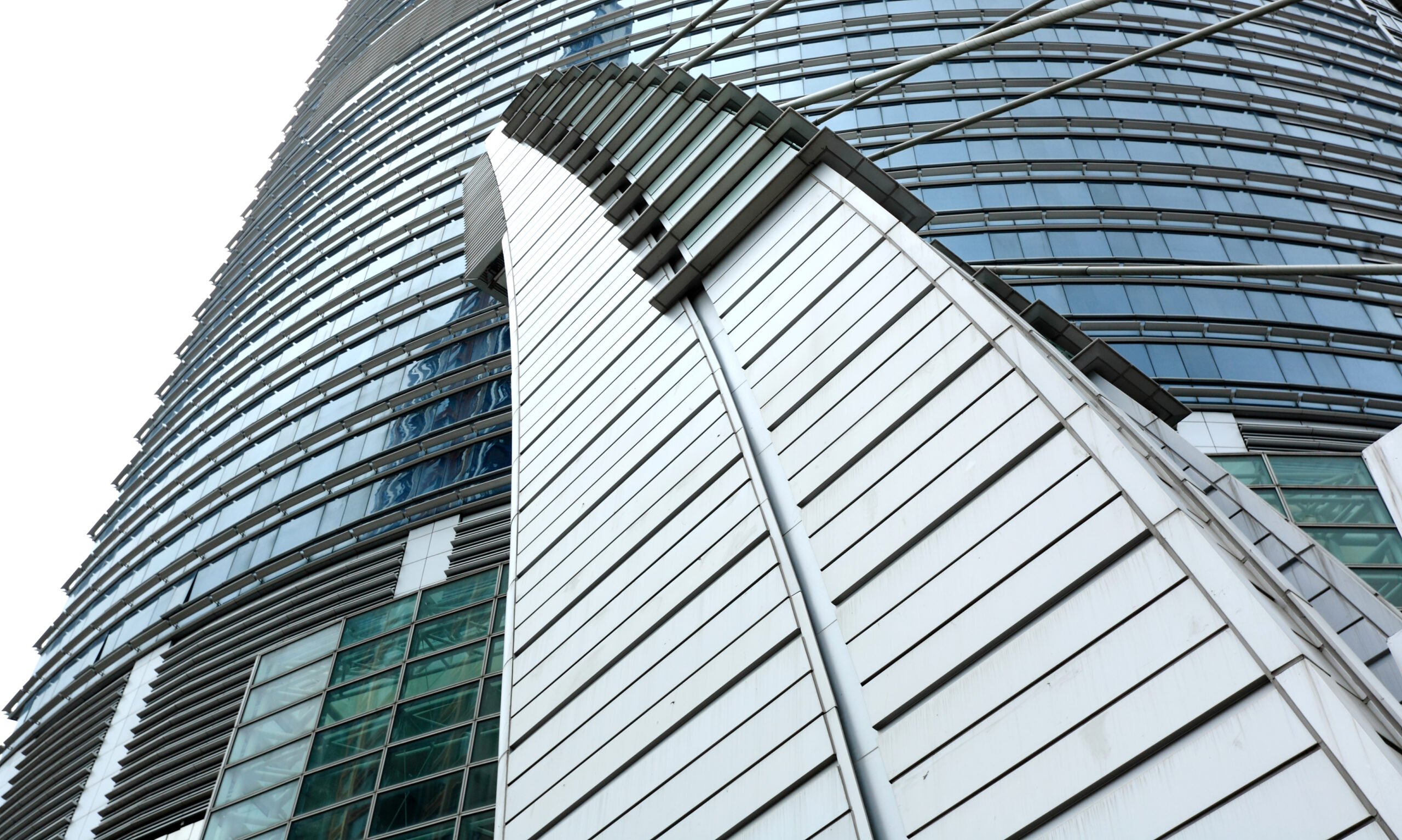On March 8, 2019, the National Securities Commission (CNV) has issued Resolution CNV CG No. 1/19 “General Regulations of the Securities Market”, which is intended to regulate Law No. 5810/17 “Securities Market”; Law No. 5452/15 “Which regulates Equity Investment Funds”; Law No. 1163/97 “Which regulates the establishment of Commodities Exchanges” and its amendment, Law No. 5067/2013; and Law No. 3899/09 “Which regulates risk rating and the operation of Risk Rating Companies”.
The resolution establishes the criteria that determine the quality of qualified investors as well as institutional investors. It also contains provisions regarding the incorporation, organization, operation and registration in the CNV Registry of stock exchanges, brokerage firms, mutual fund management companies and mutual funds managed by them, and risk rating agencies. With respect specifically to brokerage firms, the regulation regulates both stock exchange and over-the-counter operations.
The regulations issued by the CNV also contain provisions regarding the registration of issuers (SAE, SAECA, SMEs, multilateral organizations, foreign issuers) as well as the requirements for the registration of securities issues (debt securities, mortgage bonds or bills, subordinated bonds, stock market bonds, shares).
It should be noted that the general regulations incorporate rules applicable to the incorporation, organization, operation and registration with the CNV of commodities exchanges and a special regime for the exercise of the activity of commodities brokers.
Likewise, the regulation establishes guidelines that regulate the transparency regime of the securities market and includes provisions on corporate governance applicable to the entities supervised by the CNV, not to mention those related to the activity of external auditors.
It is important to highlight the relevance of this resolution, since it reflects a regulatory update that will give greater impetus to the development of the Securities Market in Paraguay.
For further information regarding the regulations issued by the CNV, please do not hesitate to contact Cynthia Fatecha (cfatecha@vouga.com.py), Carlos Vouga (cvouga@vouga.com.py) or Georg Birbaumer (gbirbaumer@vouga.com.py).









